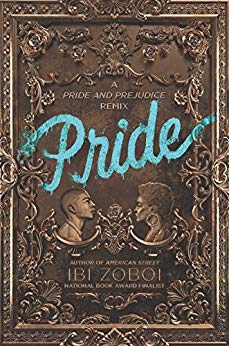|
I’m a sucker for a Pride and Prejudice re-telling and Ibi Zoboi’s Pride is a “remix” unlike any other I’ve read. Set in Bushwick, Brooklyn and featuring the five Haitian-Dominican Benitez sisters, Pride took me on a journey that felt respectful toward Austen's original and yet thrillingly fresh, new, and authentic. You’ll see the skeletons of Austen’s characters in this story, but they’re re-conceptualized and sent out into the world as daring new creations, brimming with verve and vitality, obviously eccentric but treated by the narrator lovingly—and not cruelly—for the things that make them unique.
Zuri “Z” Benitez is Bushwick. She’s proud of where she comes from and who she is. She's an almost senior who lives in a small apartment where she and her four sisters share a bedroom; she's the daughter of hard-working parents who are highly respected in their neighborhood; she's occasionally embarrassed by her loud mother and three of her sisters, but she loves all of her family members fiercely, passionately. So she’s not happy when rich people begin gentrifying the place she’s always called home. The new black family across the street, the Darcys, is part of the problem. There’s the dad and a snobby mom and two teenage sons: Ainsley, who takes an immediate fancy to Z’s sister Janae, and Darius, who is insufferably stuffy and arrogant and who doesn’t even try to fit into his new neighborhood. Do Z and Darius have anything in common? Is there any common ground for them to latch onto (but why would she want to when he treats her and her family so horribly, she wonders)? In Zoboi’s hands, this re-telling is about the different life circumstances between a young woman and man and how those—and their respective feelings of pride regarding their backgrounds—affect the ways they view the world and the people around them. But Pride is also about being young and black, and asserting oneself—being oneself—in a world that doesn’t always appreciate that. And how blind pride of all kinds—whether it’s in oneself or one’s family or one’s neighborhood—can lead to misunderstandings, self-rigidity, and stagnation, to a refusal to consider other possibilities. Z is a charismatic narrator, with a beautiful way of seeing her world and of capturing her impressions in poetry. She’s the force here, even though I appreciated how complicated Darius is, how dynamic, and how warmth—for Zuri—shines underneath his formality. Most of all, I adored how alive Pride is, and the fierce joy ringing from every page, even through the sadness.
0 Comments
Leave a Reply. |
About me.Give me that HEA, please.
Join my mailing list.Want to receive a weekly email with links to my latest blog posts? Sign up below!
Archives
April 2024
Categories
All
|


 RSS Feed
RSS Feed
